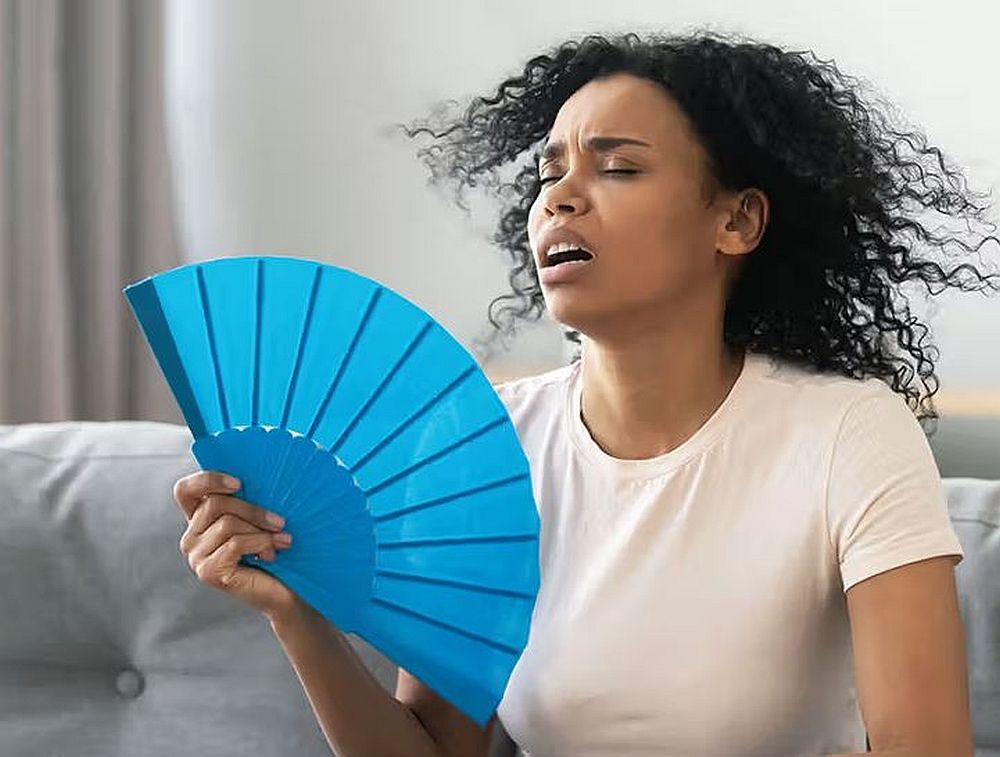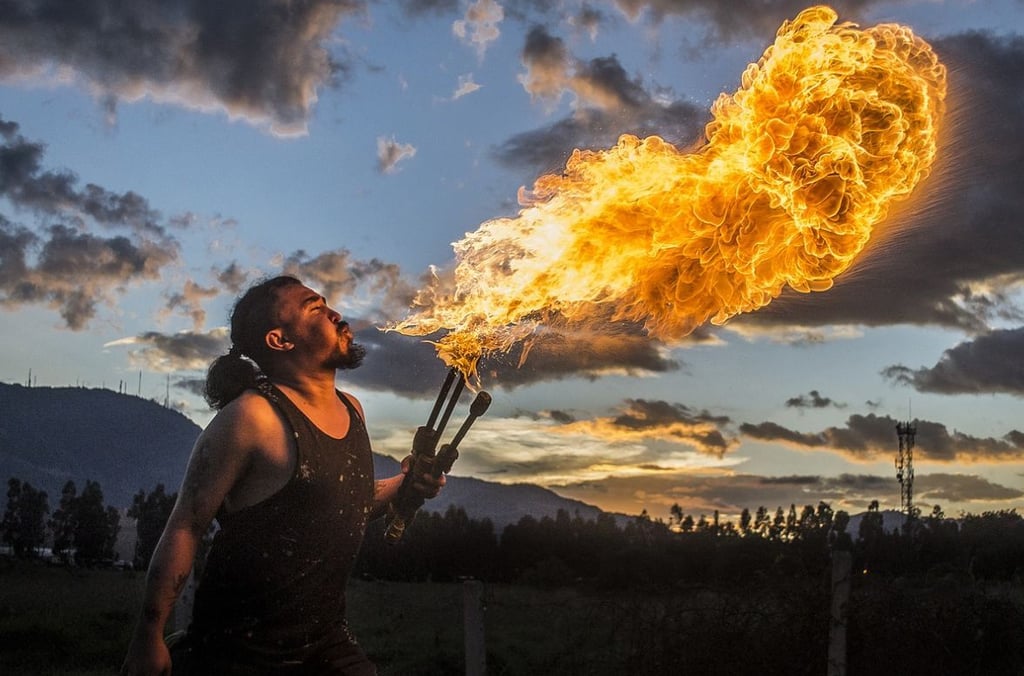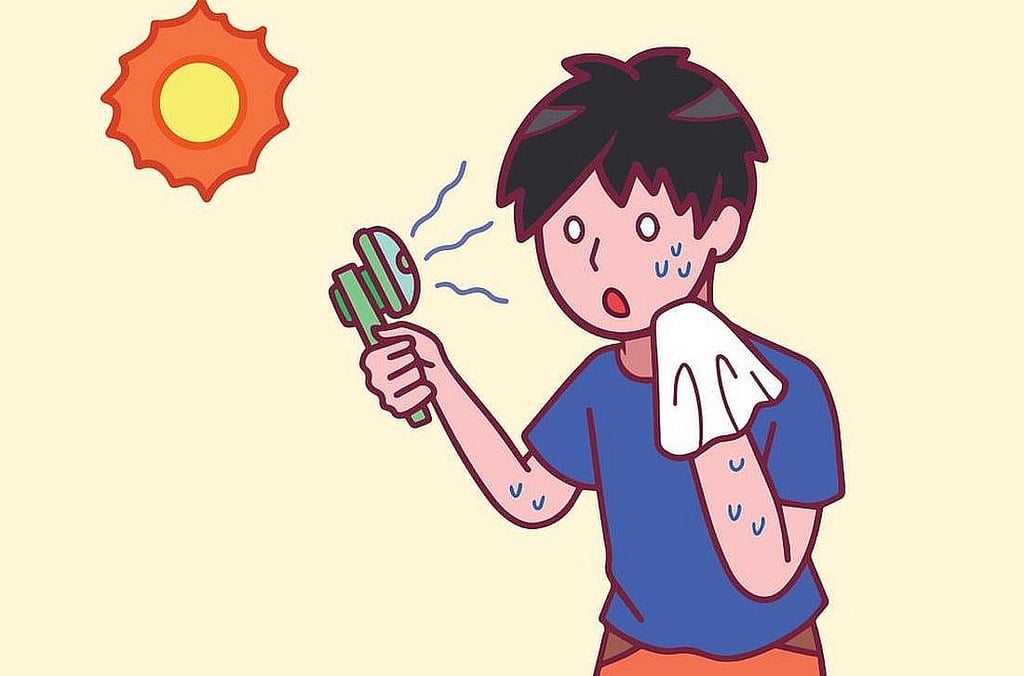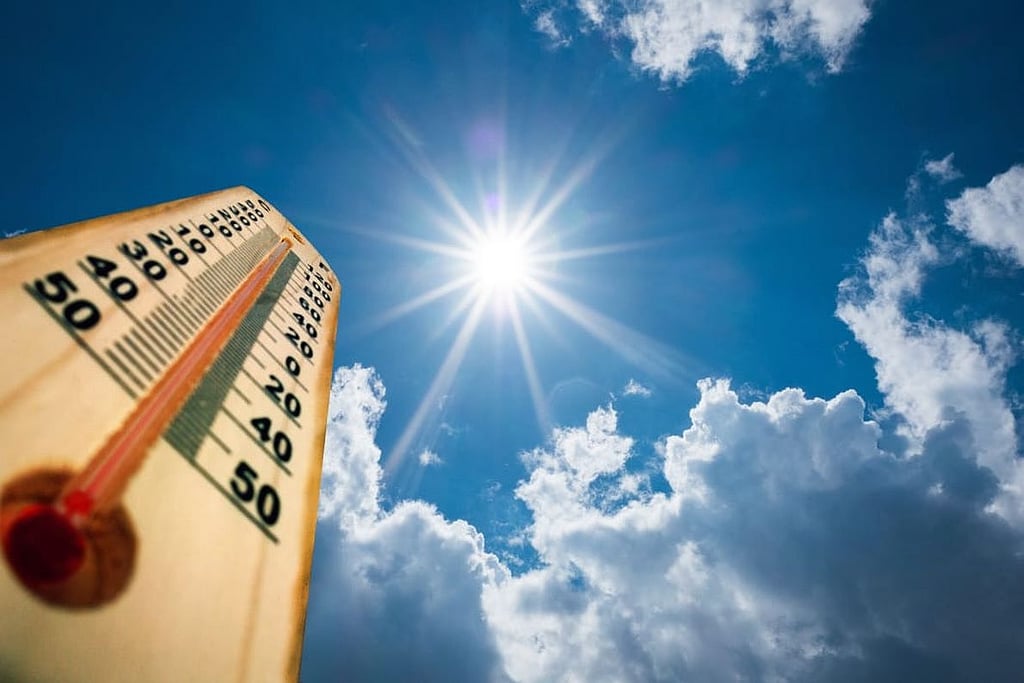

99TravelSafe.com
The Website For The Smart and Savvy Traveler
44 – The Danger of Heatwaves and Heatstrokes!
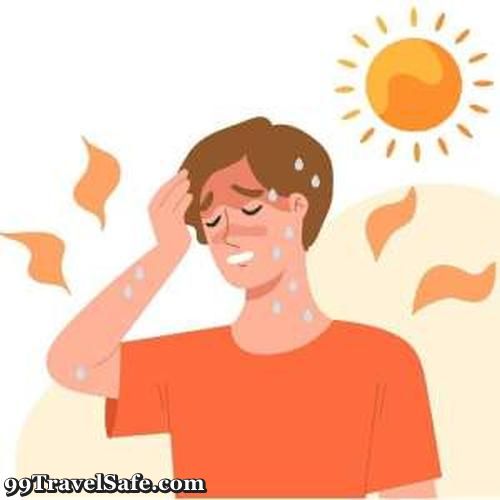

The Danger of Heatwaves and Heatstrokes
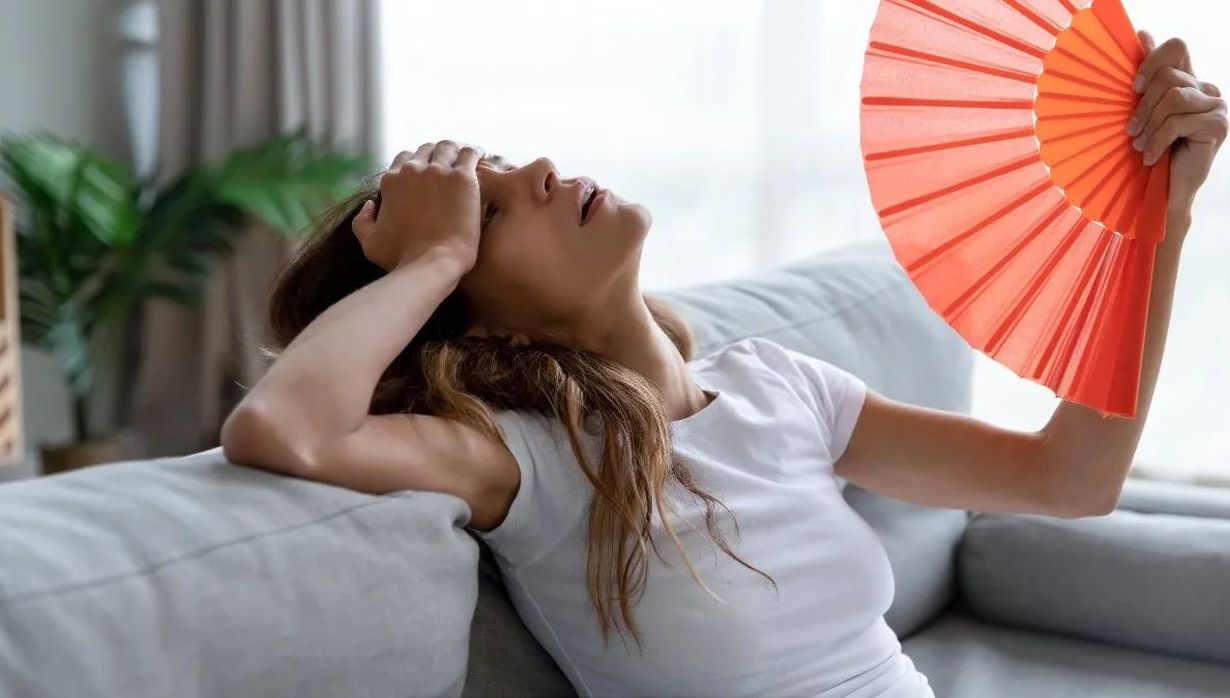

HEAT STROKE is life-threatening. The victim's temperature control system, which produces sweating to cool the body, stops working; this could result in brain damage followed by death!
On a very hot day, do not perform physically strenuous activities
Dress for summer. Wear lightweight, light-colored clothing
Drink plenty of water!
Your body needs water to keep cool
Spend more time in air-conditioned places. If you don’t have air-conditioning, then have plenty of fans
Do not get too much sun. Heatstroke, heat exhaustion and sunstroke are possible with prolonged exposure to the heat!
If someone gets heatstroke or heat exhaustion, seek medical attention immediately without wasting a minute!
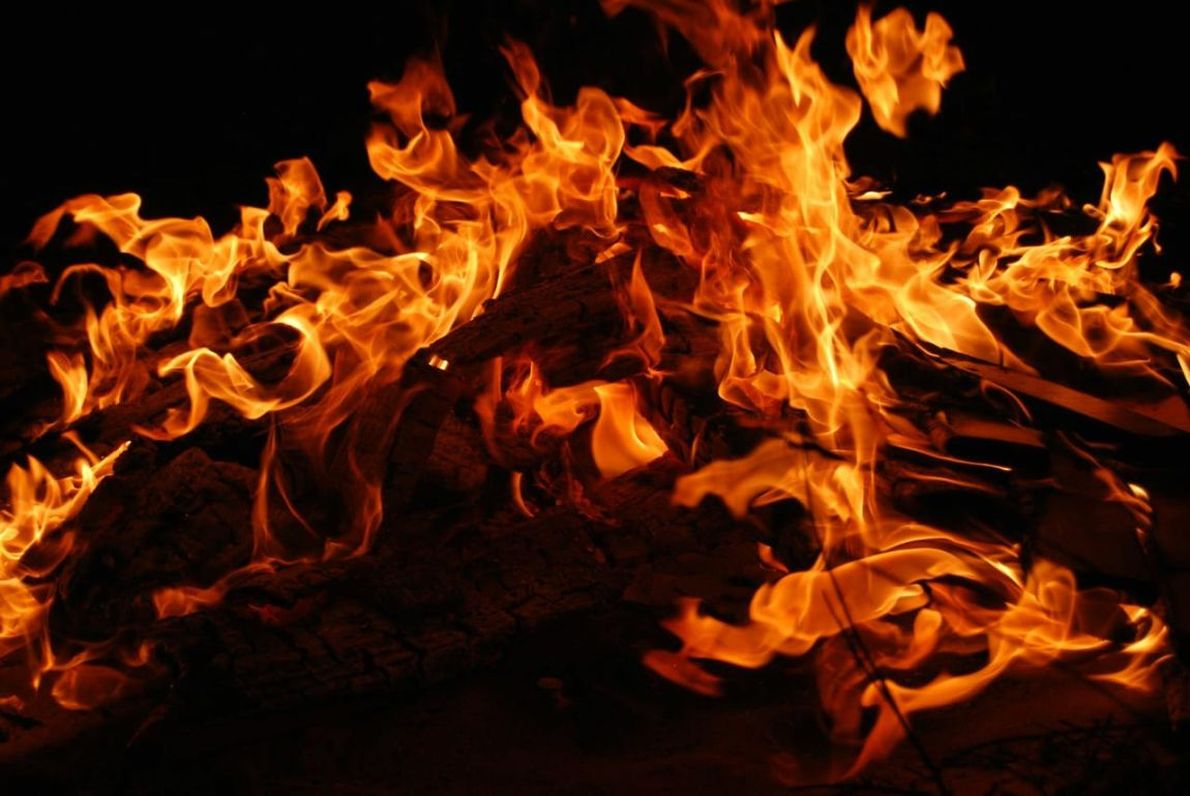

The Danger of Heatwaves and Heatstrokes
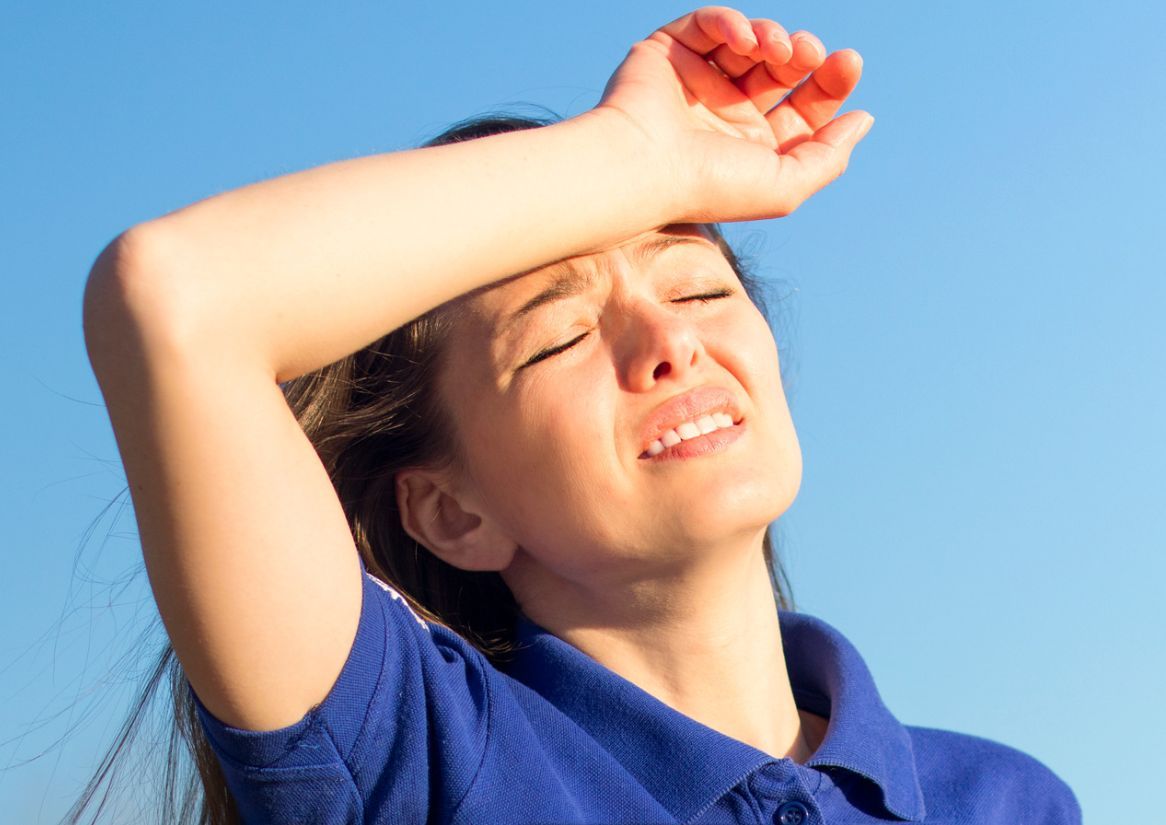

As heat stroke is life-threatening, therefore it must be monitored carefully. Symptoms include hot, red, and dry skin; changes in consciousness, weak pulse, and rapid shallow breathing
Move the person to a cooler place!
Quickly cool the body by wrapping wet sheets around the body and fan it
If you have ice packs or cold packs, place them on each of the victim's wrists and ankles, in the armpits and on the neck to cool the large blood vessels
Watch for signals of breathing problems and make sure the airway is clear
Keep the person lying down
If a Heatwave is predicted or is happening, do the following;
-- Slow down and avoid strenuous activities. If you must do strenuous activities, do it during the coolest part of the day, which is usually in the morning between 4AM and 7 AM
-- Stay indoors as much as possible. If air conditioning is not available, stay on the lowest floor, out of the sunshine
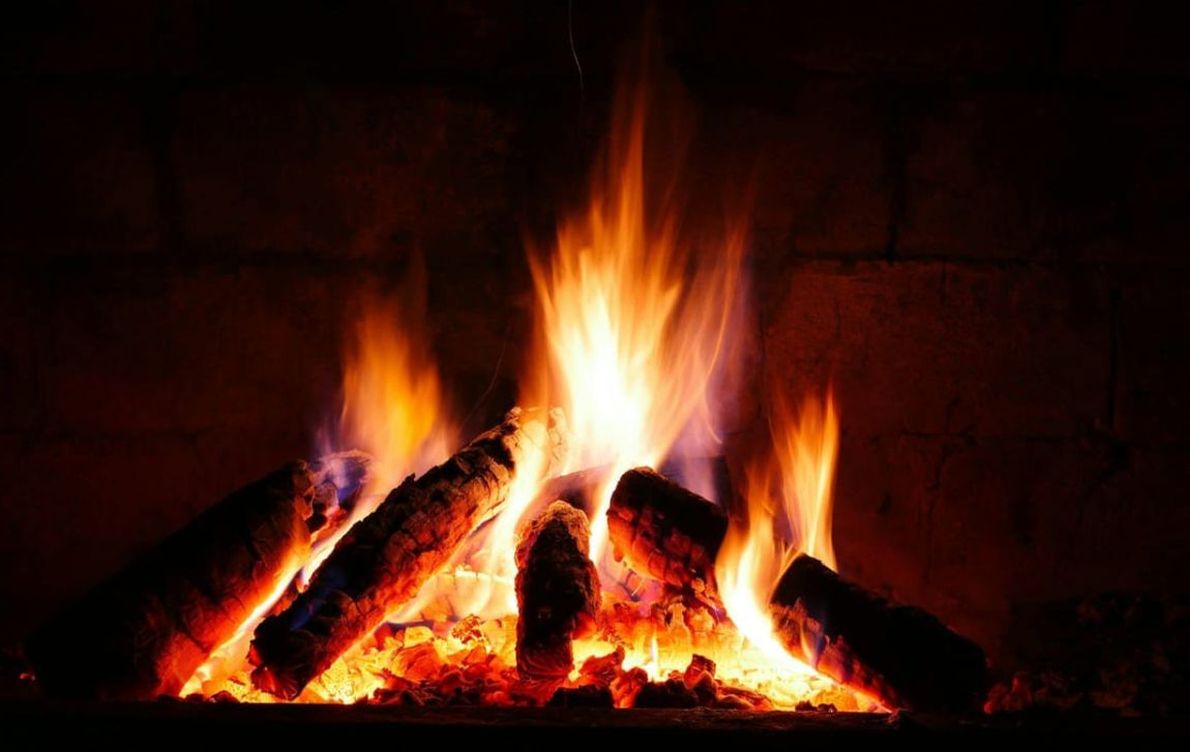

More on The Danger of Heatwaves and Heatstrokes
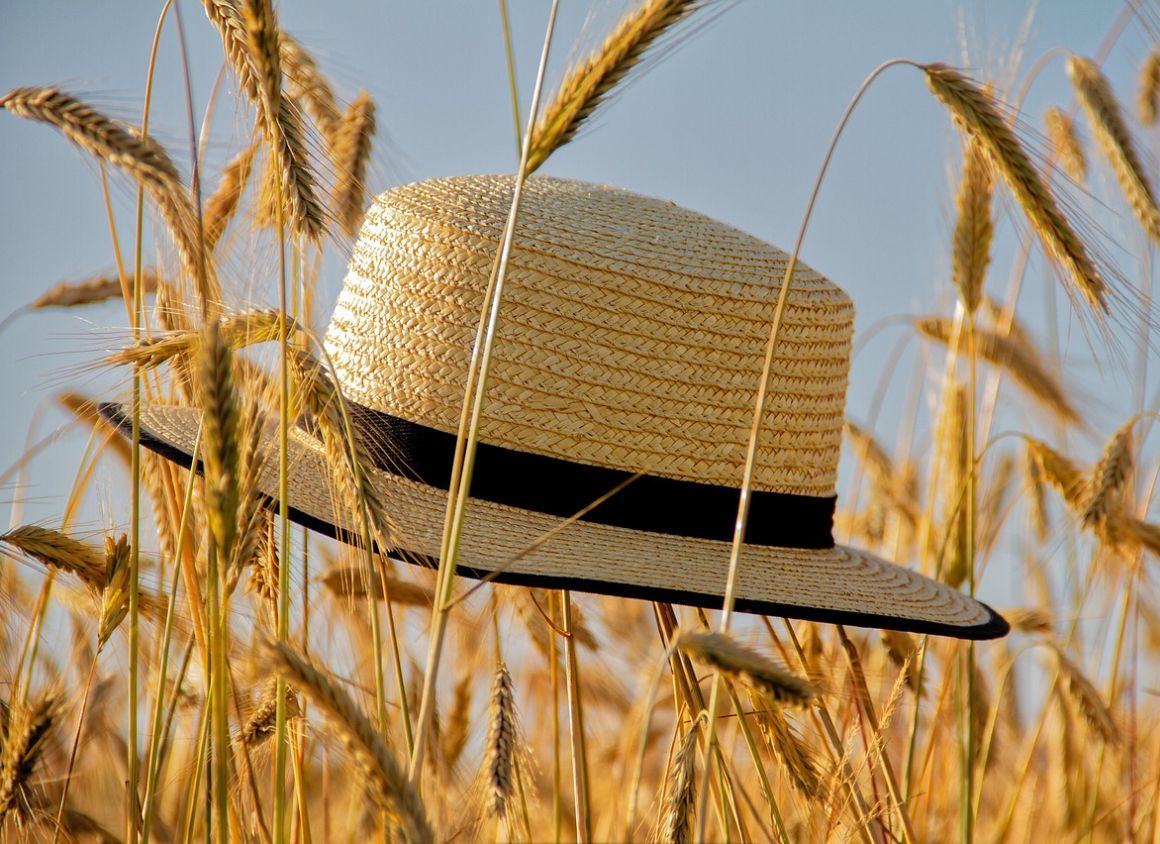

Electric fans do not cool the air, but they do help sweat evaporate which cools the body
Drink plenty of fluids, regularly and often. Your body needs fluid to keep cool. Drink, even if you do not feel thirsty
Water is the safest liquid to drink during heat emergencies!
Avoid drinks with alcohol or caffeine in them. They can make you feel good briefly, but make the heat's effects on your body worse. This is especially true about beer, which actually dehydrates the body!
Eat small meals and eat more often. Avoid foods that are high in protein, which increases metabolic heat
Avoid using salt tablets unless directed to do so by a physician


